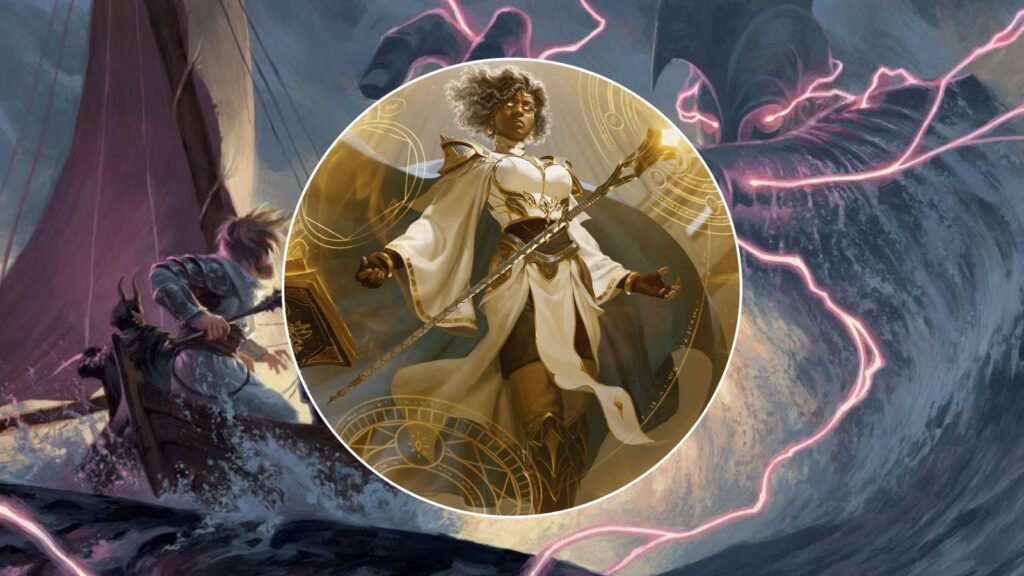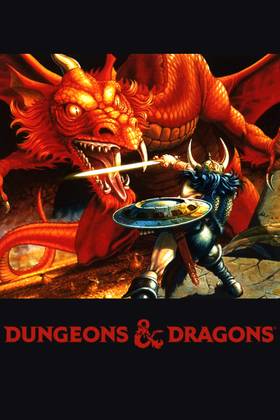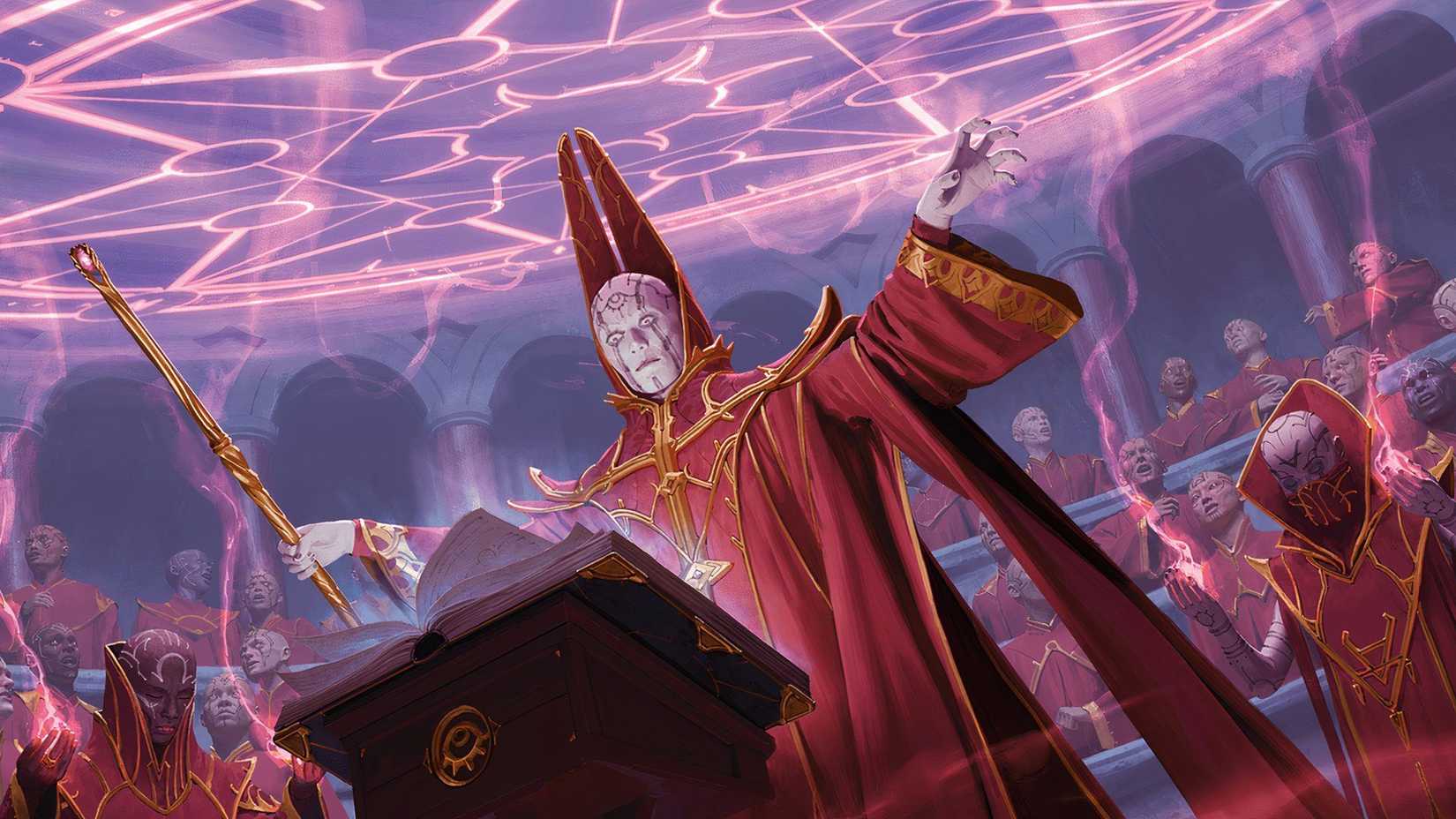
Your character’s strength (or whatever ability score they use to fight) is of the utmost importance. Each character from Dungeons & Dragons has six ability scores to consider — not counting sanity of honor. While you can’t focus on all of them (without ruining your character), you can normally focus on two or three and make a powerful adventurer in the process.
Through feats, you can increase these further, reaching the capstone of 20 (in most cases), and thus having your character ready for whatever they encounter. Still, there are a few other ways, both official and homebrew, to improve a character’s stats, allowing you to focus on more neglected stats or even go above 20.
Epic Boons
Feats 2.0
At level 19, you can gain access to an Epic Boon, which is a stronger version of a feat that also allows your character to go above 20 on an ability score, eventually reaching 30. The problem is, officially, that it is irrelevant, since you only get one of those at level 19, and reaching 21 on an ability score makes no difference.
However, as a DM, you can choose to give Epic Boons at different moments. You can give those as rewards for quests and others (they can work as rewards for some of the things we added to this list), or give multiple Boons to a level 20 party so they can go even beyond their level and keep evolving.
Items
Boost That Dump Stat
Another simple and official way to improve your ability scores is to just use an item that overwrites its original value. For instance, a Belt of Giant Strength, which can replace your strength score by 21, 23, 25, 27, or 29, depending on which version of the belt you’re wearing.
Depending on the idea, you can do quite a few things. You can have an ability score higher than the maximum value, like the belt above, or you can use it for an ability score you need, but isn’t your priority, such as using the Amulet of Health to guarantee a good constitution score while focusing on other ability scores. If you’re willing to bet, the Deck of Many Things can increase your stats.
Tomes are also a good consumable that increases ability scores, and can work as special rewards for certain quests.
Wish
The Official Way To Break The Rules
An ‘easy’ way for a player to get what they want is to use the Wish spell. This spell is powerful, demands a high level, and even takes a toll on the caster, so it’s not something you can do early in the game. Still, once you gain access to it, you can use it to increase everyone’s stats.
Using it over and over creates a higher chance of being unable to use the spell ever again, so it’s up to you if it’s worth using it to increase stats or to save it for problems you and the party don’t know how to solve — it’s a gamble, basically, but it can pay off. Or you can find an NPC who can cast the spell and let them do it.
Rewards For Special Missions
When The Quest Giver Is A Deity Or Similar
Certain quests can reward the group with increased stats. They can find a bunch of tomes, the quest giver can be a powerful entity that bestows Epic Boons or similar to the party, they can give the players a free Wish and let them choose to use it for their stats, or so on.
This isn’t the type of reward that should happen often, as things will get out of hand easily if you just start boosting their stats frequently, but it is a nice and special reward to give your players, even if that only happens once or twice in a campaign.
Bargains Or Pacts
Who Needs A Quest From A God When You Can Have A Deal With The Devil?
These power increases can also come with a price — one that the DM can demand with a fiendish creature or similar. Maybe you can increase one stat by decreasing another one in return. Maybe you’ll owe the devil a favor you can’t refuse. Maybe your power comes with a free curse — who knows?
Faustian bargains are an interesting thing to throw at players in D&D, and it even helps balance things out since this power may come with a cost, whether it’s a mechanical cost or a narrative complication. Regardless of the cost, tempting the players is always fun.
Random Magical Effects
Similar With The One Above, But More Chaotic
Instead of dealing with someone, maybe the player gets a buff that comes from messing with something unstable — like a source of raw magic. It can come with benefits, like a stat increase, but it can come with weird side effects.
You can use it in the same way as a curse, but it comes with a complex dilemma of whether the player should get rid of the curse or not, as removing it will also take away the benefits, and, if they want to remove it, they need to figure out how, as there isn’t an evil entity like our pact idea to explain what’s going on.
Training Arcs
Time For A Training Montage
A player (or the party) can spend a significant amount of in-game time to narratively increase their stats as they train to improve themselves. This training can come with a boost or maybe even a free feat related to what they were training for exactly.
This type of idea does require some thought and care from the DM. Achieving boosts through the narrative can’t be easy — otherwise the players will do this over and over — but it’s a fun and unique reward for the time and combined effort they take on this particular task they keep focusing on, even if the rewards only come after many in-game months or years.
Temporary Buffs
Like Mini Transformations
If you’re worried that increasing your players’ stats might break balance, you can give them an ability that increases one of their stats, but only for a certain amount of time, whether it’s through a homebrew item, a divine buff, or what have you.
For instance, you can give the barbarian an item that increases their strength by two (or even more, since it’s temporary) for ten minutes, and they can use this buff once per long rest. That way, you get a fun buff to give your player, but it’s up to them to strategize and decide the best time to activate it.

- Original Release Date
-
1974
- Player Count
-
2+
- Age Recommendation
-
12+ (though younger can play and enjoy)
- Length per Game
-
From 60 minutes to hours on end.
- Franchise Name
-
Dungeons & Dragons
- Publishing Co
-
Wizards of the Coast








